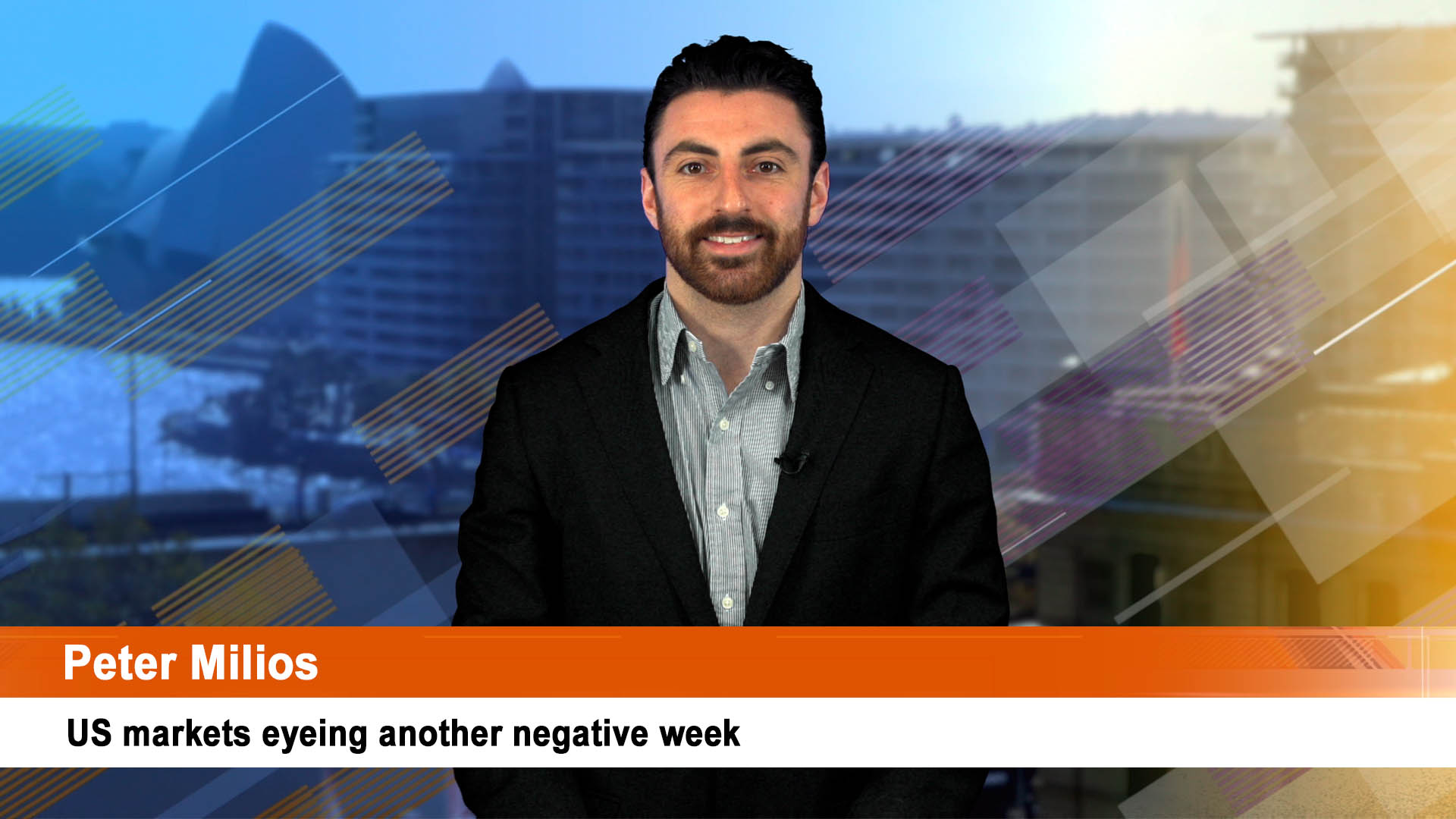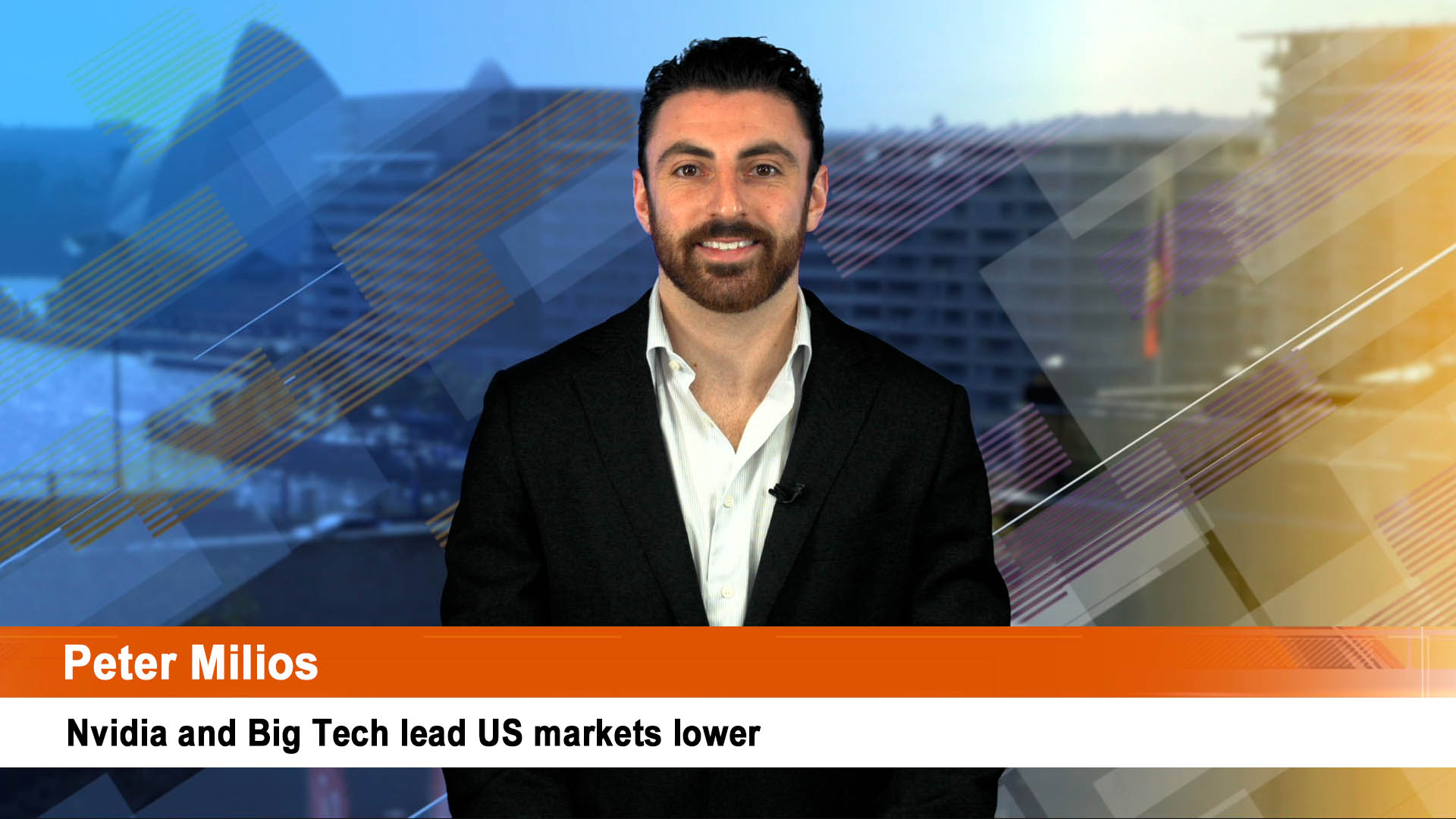After four years of no-touch regulation under the lazy regime of Donald Trump, Wall Street and other American financial markets have suddenly realised they face four years of close attention from a bunch of new overseers promoted by President-elect Joe Biden.
And to make matters worse, the two key new regulators are old regulators with extensive experience of the tricks and other rubbish financial markets players use to try and hide their wrong-doing and profits.
Instead of the sloth-like politically-partisan approach of Trump’s regulators, Biden’s people have the experience and skills to call attention to the growing rorts and other fangdoogles in the markets.
And they will have a list of new and old issues to pursue such as forcing greater disclosure and discussion by corporates of their climate change risks, implementing tougher rules on the way workforces, especially in the gig economy, are treated and fixing up loopholes in corporate remuneration rules.
The role and activities of Big Tech companies will also be far more closely examined by the Biden regulators than they were under Donald Trump who was only interested when they took issue with his Tweets and other online rants and lies.
All those are issues that will resonate with regulators in Australia such as ASIC and the ACCC, but not with the Morrison government which has been slow to move on all these issues, along with its predecessors, especially more disclosure on climate change exposure and liabilities.
Australian regulators, led by the ACCC are wrestling with Google and Facebook in particular and providing something of a lead for other regulators around the world on the issue of news flow and finances.
Biden’s transition team confirmed on Monday it planned to nominate two consumer champions to lead top financial agencies, a move Reuters said signals a tougher stance on the financial sector than expected.
Gary Gensler will serve as chair of the Securities and Exchange Commission (SEC) and Federal Trade Commission member Rohit Chopra will head the Consumer Financial Protection Bureau (CFPB).
Gensler is the more important appointment as he will be the final arbiter for regulating America’s huge financial markets, still the most vital to the global economy.
From 2009 to 2014, Gensler ran the Commodities Futures Trading Commission and implemented new swaps trading rules created by Congress after the GFC.
A former Goldman Sachs banker, Gensler developed a reputation as a tough regulator who stood up to big banks and other Wall Street interests.
Chopra helped set up the CFPB after the crisis and served as its first student loan ombudsman. At the FTC, he campaigned for tougher rules for big tech companies on consumer privacy and competition, and for stricter enforcement penalties.
They will be backed by the new, powerful chairman of the Senate Banking Committee Senator Sherrod Brown who has a reputation of being anti-Wall Street. Brown has said he plans to try to repeal Wall Street-friendly rules introduced by President Donald Trump’s regulators.
Gensler is expected to pursue new corporate disclosures on climate change related-risks (a rising issue here in Australia), political spending, and the composition and treatment of company workforces. He also plans complete pay curbs on corporate executives that were first developed in the wake of the GFC.
Reuters said Chopra is expected to review payday lending and debt-collection rules, which influential consumer groups say won’t protect Americans.
They also hope he will stamp out exorbitant lending rates and abusive debt-collection practices, address the huge and damaging student debt burden and gaps in minorities’ access to credit, according to Reuters.













